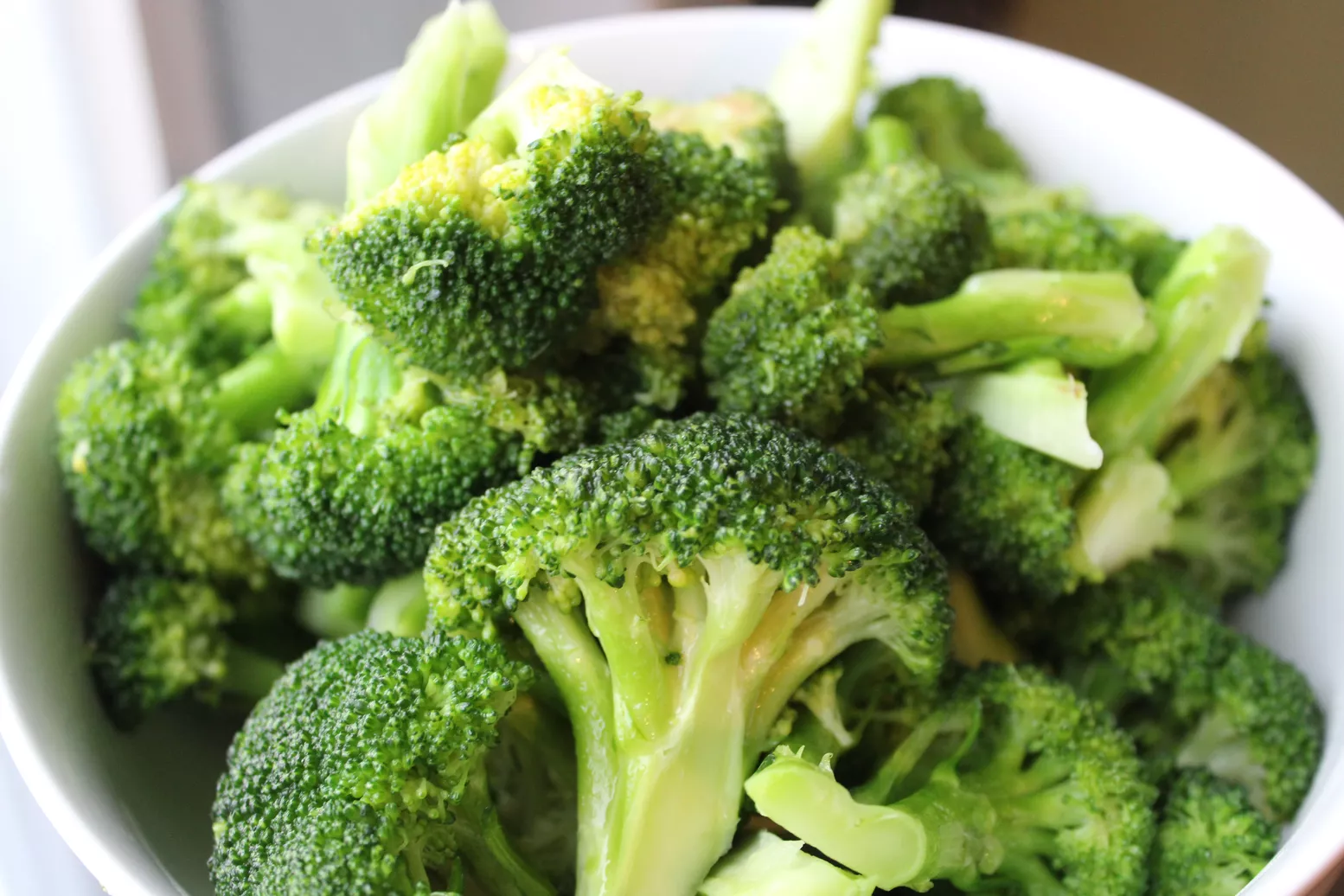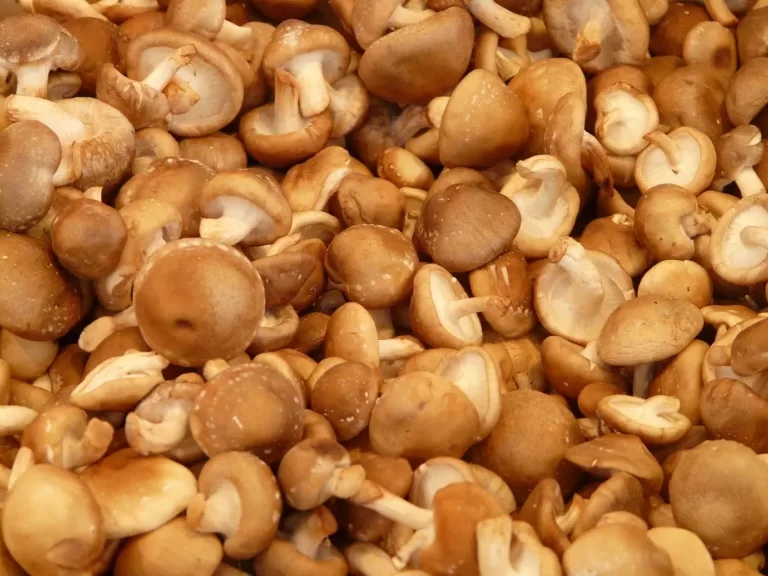Broccoli is a branched, green vegetable with either purple or more commonly green flower buds. It belongs to the cruciferous family, along with cauliflower, cabbage and kale and it can be eaten raw or cooked. It is a good source of fibre and protein, and contains iron, potassium, calcium, selenium and magnesium as well as the vitamins A, C, E, K and a good array of B vitamins including folic acid.
Research found that consuming steamed broccoli regularly lowers the risk of cardiovascular disease by reducing the total amount of cholesterol in the body. It also contains certain carotenoids called lutein and zeaxanthin that reduced the risk of age-related eye disorders, such as cataract and macular degeneration. Night blindness is also associated with a deficiency of vitamin A. Broccoli contains beta-carotene which the body converts to vitamin A.
Another key component of broccoli is a phytochemical known as sulforaphane, which plays a part in enhancing detoxification of airborne toxins, such as cigarette smoke, and could help reduce the risk of certain cancers. Further research has suggested that broccoli may have anti-cancer properties and could reduce the risk of prostate cancer.
Whether you eat broccoli raw or cooked, it is a valuable addition to a balanced diet.



